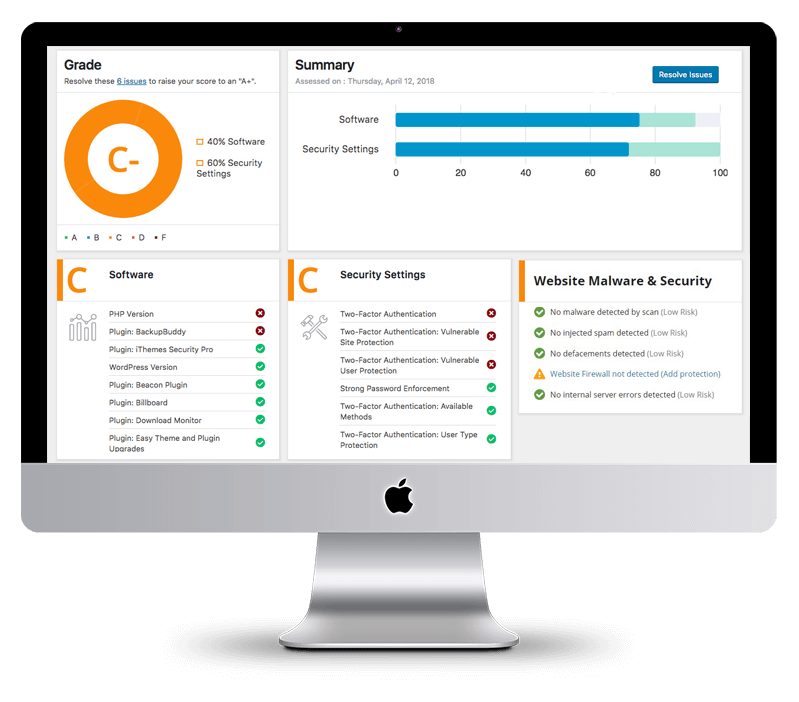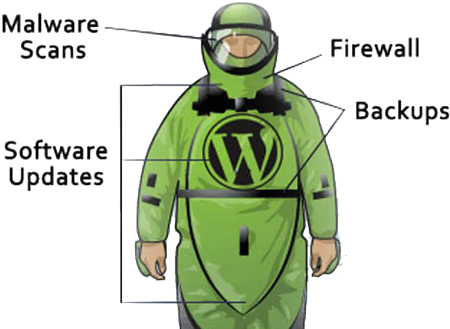Google has officially rolled out its new AI Mode, a significant shift in how users find information online. This new feature allows for complex, multi-part questions, providing detailed answers with citations. While currently US-only, its impact on marketing strategies for both B2B and B2C is substantial, changing the path from a user’s query to a potential purchase.
For businesses aiming to reach decision-makers, optimizing for AI Mode is becoming a necessity. This new search experience compresses research processes into single interactions, offering unprecedented opportunities for those who adapt.
How AI Mode Works: The "Query Fan Out" Technique
At its core, AI Mode uses a "query fan out" technique. This means your initial, often complex, question is broken down into multiple smaller queries that run in the background. While tools like Perplexity show these sub-queries, AI Mode keeps them hidden. This makes it challenging to know exactly what to optimize for.
Key Takeaways:
- AI Mode breaks down complex queries into smaller, background searches.
- The "Dale Hack" uses Gemini 2.5 Pro to uncover these underlying queries.
- Traditional SEO metrics are becoming less relevant; focus on influence.
- In-depth, authoritative content is favored over thin, generic content.
- Google is integrating ads into AI Mode, starting with Pmax and search campaigns.
The "Dale Hack" for Uncovering Hidden Queries
To understand the hidden queries AI Mode uses, Exposure Ninja developed the "Dale Hack." By using Gemini 2.5 Pro, you can prompt it in a way that reveals the underlying searches it performs. For example, asking about the best CRM for a business with specific needs (managing a 10,000-person mailing list, logging sales calls) might reveal sub-queries like "best affordable CRM for small business," "CRM pricing for 10,000 contacts," and "CRM sales call logging features."
This process helps identify the specific search queries your content needs to target. While the exact sub-queries can vary, focusing on the broader topics and using tools like "Also Ask" can provide a good overview of what users are searching for.
Why Traditional SEO Metrics Are Changing
AI Mode’s nature means traditional SEO metrics are becoming less meaningful. Because AI Mode answers can differ with each search, tracking rankings and visibility is more complex. Furthermore, personalization means Google might tailor results based on a user’s broader data. This emphasizes the need for clear audience targeting in your marketing.
Content That Wins in AI Mode
Thin, generic content is no longer effective. AI Mode favors content that is:
- In-depth and well-contextualized: Providing thorough information.
- Authoritative and trustworthy: Demonstrating expertise and real-world experience.
- Structured: Using clear data, like structured data and schema, which AI agents can easily process.
Content formats that perform well include:
- Product comparison pages
- Case studies
- Knowledge bases
These detailed resources offer the real-world experience that AI tools often need to reference.
Google’s Commercial Integration and the Future
Google is actively testing ads within AI Mode. Campaigns like Performance Max (Pmax) and search campaigns using broad match are expected to be eligible. This integration means businesses that optimize for AI Mode could see significant growth.
Consider an example like "Which electric SUV has the best range? And can I drive from Seattle to Las Vegas in it?" This query could benefit not only car manufacturers but also charging networks and route planning websites. AI Mode can guide users from a general question to specific product recommendations within a single search.
It’s likely that many of these AI features will eventually be integrated into Google’s standard search results. Therefore, adapting to AI Mode now is key to staying ahead.
Strategies for AI Mode Optimization
To succeed in this new landscape, focus on:
- Topic Clusters: Create content that mirrors the likely sub-queries users might have when researching a topic.
- Niche Landing Pages: Develop highly specific pages that directly answer niche search queries.
- Brand Mentions and Digital PR: Increase your brand’s visibility across the web. Getting your business featured on other high-authority sites is crucial, as these are the sources AI tools often pull from.
By focusing on these areas, you can improve your visibility in AI search tools and adapt to the evolving search environment.





